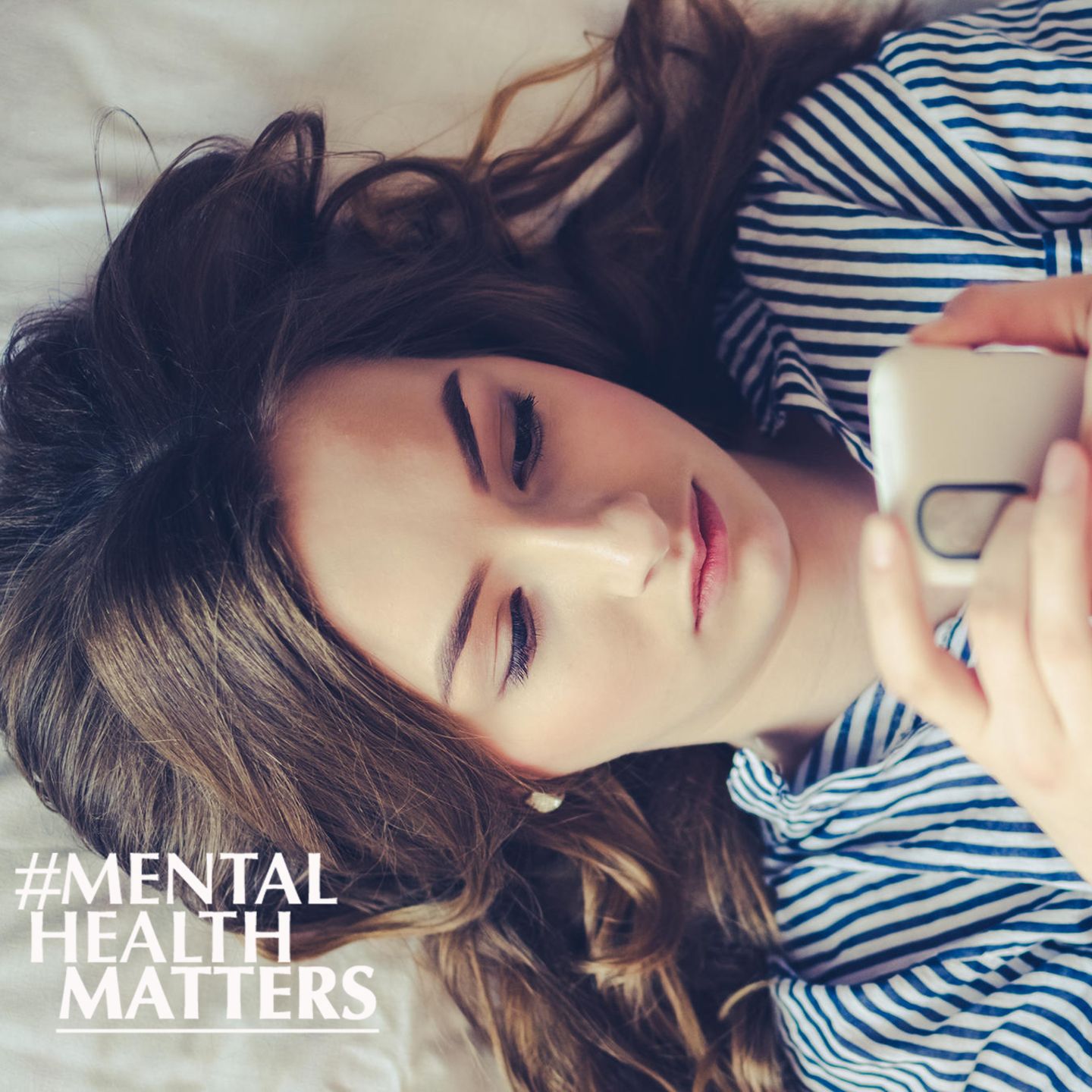Corona current
The demand for therapy has increased tremendously
Since the beginning of the corona pandemic, more and more people need therapeutic help.
© fizkes / Shutterstock
Corona has almost doubled the demand for therapy places. The big problem: There are hardly any places and those affected have to wait longer and longer for professional help.
Sarah (name has been changed, editor's note) has often seen being fobbed off on the phone with a "Please contact us again in a few months". The young woman has an anxiety disorder. "It was treated therapeutically many years ago, but the pandemic worsened my symptoms so much that I had to look for help again," she explains.
A lot of people are currently doing the same as Sarah. This is shown by alarming results: The corona measures are becoming more and more psychological. Particularly in the lockdown months, increased depression can be observed, according to psychological psychotherapist Dr. Anne round. She is leading a study on psychological well-being in the corona pandemic.
"The demand for psychotherapy has also increased significantly," says Gebhard Hentschel, Federal Chairman of the German Psychotherapists Association (DPtV). The big problem: treatment capacities that were previously far too scarce are now even rarer.
Corona consequences: Therapy demand increases if there are too few treatment places
Two DPtV quick polls show: The demand for therapy in practices is at Adult compared to the previous year increased by 40 percent. Also at Children and adolescents can be a 60 percent increase observe.
Those affected need professional help, but are already desperate when trying to get a treatment place. According to the survey must 50 percent wait longer than a month for an initial interview; 38 percent even longer than six monthsto a treatment center. This is especially the case in large cities.
Pandemic makes undersupply of the mentally ill visible
Not only now is there a blatant shortage of therapy places. Even before the pandemic, those affected had to wait months for a treatment place. The corona pandemic is moving mental illness into the center of attention and making the undersupply of those affected visible.
Sarah has not been successful in her search for a therapy place either. The selection of non-private practices in Hamburg is manageable. And get a place here? Hardly possible if it wasn't an emergency or if one would be willing to wait at least six months for a therapy place, the person concerned notes soberingly. She's waiting, but what happens in the meantime?
Instagram * therapists as a therapy substitute?
Sarah has to find alternatives. In addition to many conversations with her partner and a good friend, she uses the help of Instagram therapists. At @ the clipboard (Behavioral therapist Dr. Janina Selle), @diepsychotherapeutin (Psychotherapist Anke Glaßmeyer) and @freudmich (Psychology student Dinah-Kristin Berger) are professional specialists.
They gave Sarah therapeutic support and at the same time made her feel that she was not alone with her worries. A big plus: In the comments, those affected exchange ideas with one another. "There is a real community there, which in addition to the expert tips also helps each other," says Sarah.
Further help centers for those affected
"If symptoms such as depression, joylessness and lack of energy persist for more than two weeks, you should seek professional help," advises Dr. Anne round. Your first tip: to contact your general practitioner. "It's about assessing whether it could be a depression," said Runde. You can then be referred to a specialist on site.
When searching on your own, you can contact the psychotherapy search of the Psychotherapy Information Service (PID), the chambers of psychotherapists of the federal states or the doctor searches of the associations of statutory health insurance physicians in the federal states.
Help with depression
Are you seeing any signs of depression? Help is provided quickly and anonymously at the national crisis hotline on 0800 1110111! Further information is also available from the German Depression Aid Foundation.
Sources used:own interviews (Dr. Anne Runde, Sarah), press releases German Psychotherapists Association e.V. (DPtV)


